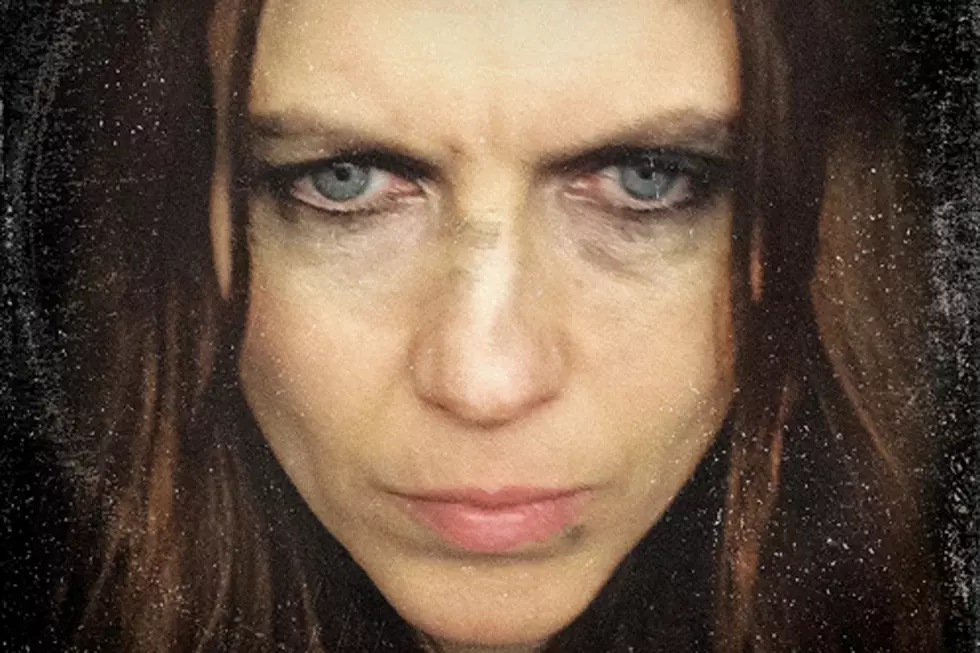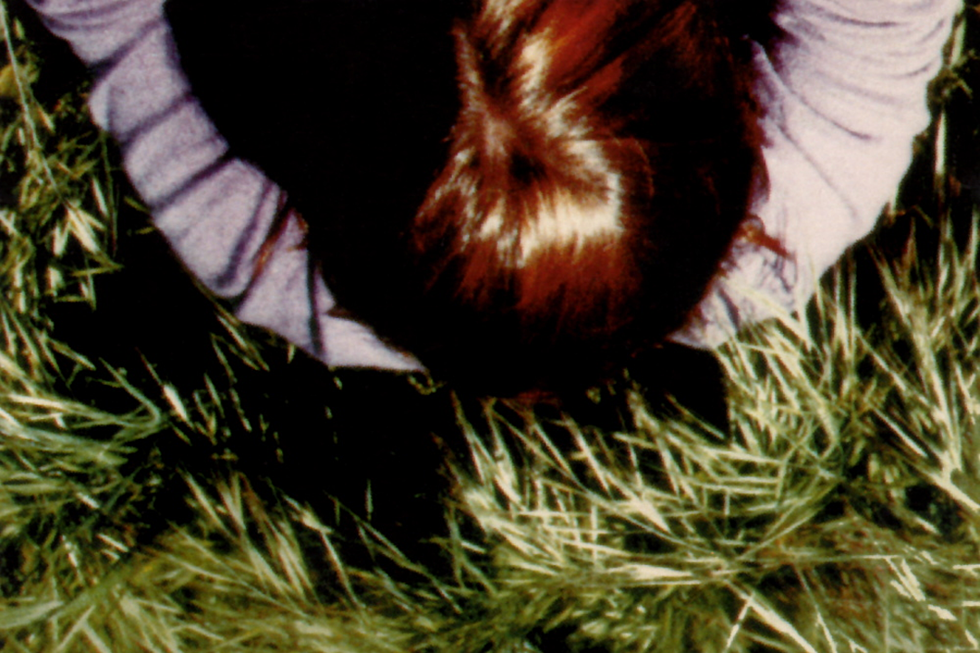25 Years Ago: Juliana Hatfield Goes Solo With ‘Hey Babe’
It had been a busy couple of years for Juliana Hatfield. The young musician had graduated from Boston’s Berklee College of Music, with a major in songwriting, in 1990. Simultaneously, the Blake Babies – a trio she had co-founded with fellow students – were earning more popularity on college radio, having been signed to indie label Mammoth the previous year.
Although bassist-singer-songwriter Hatfield was interested in pursuing a more radio-friendly sound for the band, other members Freda Love and John Strohm weren’t so sure and the Babies broke up in 1991. The same year, Hatfield played bass and sang backup on fellow Boston band the Lemonheads’ It’s a Shame About Ray. She also struck out on her own.
Working with producer Gary Smith (who had helmed the Black Babies’ two previous albums, not to mention the Pixies’ Come on Pilgrim EP), Hatfield recorded what was to become her solo debut, lending her girlish voice to every song, while playing guitar, bass and even some horn on the record. Her Lemonheads pal (and casual romantic partner) Evan Dando contributed to the sessions, as did John Wesley Harding and Mike Watt.
Some of the songs, about love and men and music, dated from her (very recent) tenure with the Babies. “Lost and Saved” was co-credited to former bandmate Strohm and “Nirvana” had appeared on the band’s 1991 EP. That tune, written before Kurt Cobain’s group became alternative rock superstars, was inspired by Hatfield’s love of Nirvana’s “Negative Creep.”
“Now, here comes the song I love so much / Makes me wanna go f--- s--- up,” she sings, somewhat perversely, in her delicate voice. “I got Nirvana in my head / I’m so glad I’m not dead.”
Listen to "Nirvana"
Cobain later sent a letter to her saying he was flattered by the tribute. While Nirvana’s music had inspired destruction in the 24-year-old Hatfield, so did her first album, Hey Babe. And not in a positive way.
“As soon as I finished making it, I hated it, and I was mortified, and I didn’t want it to be released,” Hatfield told Consequence of Sound in 2015. “I had this idea of myself as a rock and roller, and I thought I was going to continue this rock and roll tradition, but somehow it didn’t come out that way, and I didn’t understand. I didn’t like the sound of my voice. I thought it was too girly and young sounding. It just didn’t sound like what inspired it, ya know?”
Hatfield might not have liked it, but plenty of other rock fans did. Hey Babe was released on March 17, 1992, promoted by the single “Everybody Loves Me But You.” It didn’t chart, although its lo-fi music video made the rounds of alternative-minded programs.The album quickly sold more than 60,000 copies, making it one of the most successful independent releases of the year.
“To me, those numbers were astonishing – a definite success,” Hatfield wrote in her 2008 memoir, When I Grow Up. “The Blake Babies’ first, self-released album sold fewer than 1,000 copies.” It was new for me, and kind of exciting, to be featured in national magazines, because it meant that my music was being introduced into more people’s lives.”
Of course, becoming a more prominent figure in rock also brought disadvantages, such as having her appearance and dating life picked apart by the press. An infamous conversation with Interview magazine would result in Hatfield trying to distance herself from relationship rumors by confessing that she remained a virgin. The quote became attached to the rising star, earning mockery from some and skepticism from others. It was a hard lesson about the music press for a young musician to learn.
Hatfield persevered, embarking on a tour to promote Hey Babe that eventually resulted in the formation of the Juliana Hatfield Three. 1993’s Become What You Are (along with hit single “My Sister”) would increase her fame, as would an appearance on the Reality Bites soundtrack.
The Top 100 Albums of the '90s
More From Diffuser.fm









